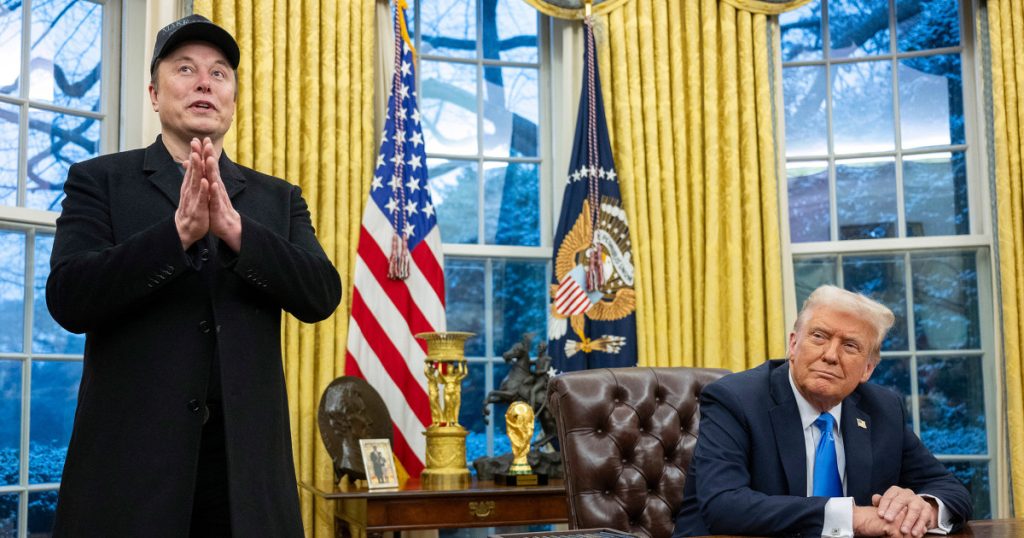Expansion of Elon Musk’s Influence in Federal Workforce
In a significant move, President Trump has entrusted Elon Musk with expanded authority over the federal workforce through an executive order. Musk, leading the U.S. Department of Government Efficiency Service (DOGE), aims to streamline government operations by cutting jobs and reducing hiring. This marks a notable shift in Musk’s role, as he balances his private-sector commitments with his new government responsibilities, raising questions about potential conflicts of interest.
Executive Order: Streamlining Government Operations
The executive order mandates federal agencies to collaborate with DOGE to implement substantial workforce reductions and limit hiring to essential roles. This directive reflects Musk’s intent to transform government efficiency, though it has sparked legal challenges from labor unions and state attorneys concerned about the legality of these actions. Despite these challenges, Trump and Musk remain committed to their vision of curbing government spending.
Criticism and Controversy Surrounding DOGE’s Claims
Musk’s efforts have been met with skepticism, particularly regarding unspecified claims of waste and fraud. For instance, the assertion about $50 million spent on condoms in Gaza lacked evidence and drew sharp criticism. During a media event, Trump and Musk discussed these issues in general terms but failed to provide concrete details, fueling doubts about the validity of their claims and the transparency of their initiatives.
Legal and Constitutional Concerns
The aggressive approach by Trump and Musk has prompted legal action, with 52 lawsuits filed against related executive orders. Concerns about constitutional violations, such as bypassing Congress for agency closures and spending decisions, have been raised. Additionally, Trump’s criticism of a federal judge and his dismissive attitude towards congressional approval underscore the contentious nature of their policies.
The Broader Context of Federal Spending
Despite the focus on reducing the federal workforce, its impact on overall spending is minimal. Most federal funds are allocated to essential areas like Social Security, healthcare, and the military. This raises questions about the strategic value of DOGE’s efforts, especially when established agencies already handle waste and fraud oversight.
Questions About Accountability and Transparency
Musk’s scrutiny of federal employees’ net worth as a fraud indicator has sparked curiosity about the methods used to gather such data. The lack of clarity on how DOGE acquires this information adds to concerns about accountability and transparency. As DOGE’s role evolves, ensuring ethical practices and maintaining public trust remains paramount.












